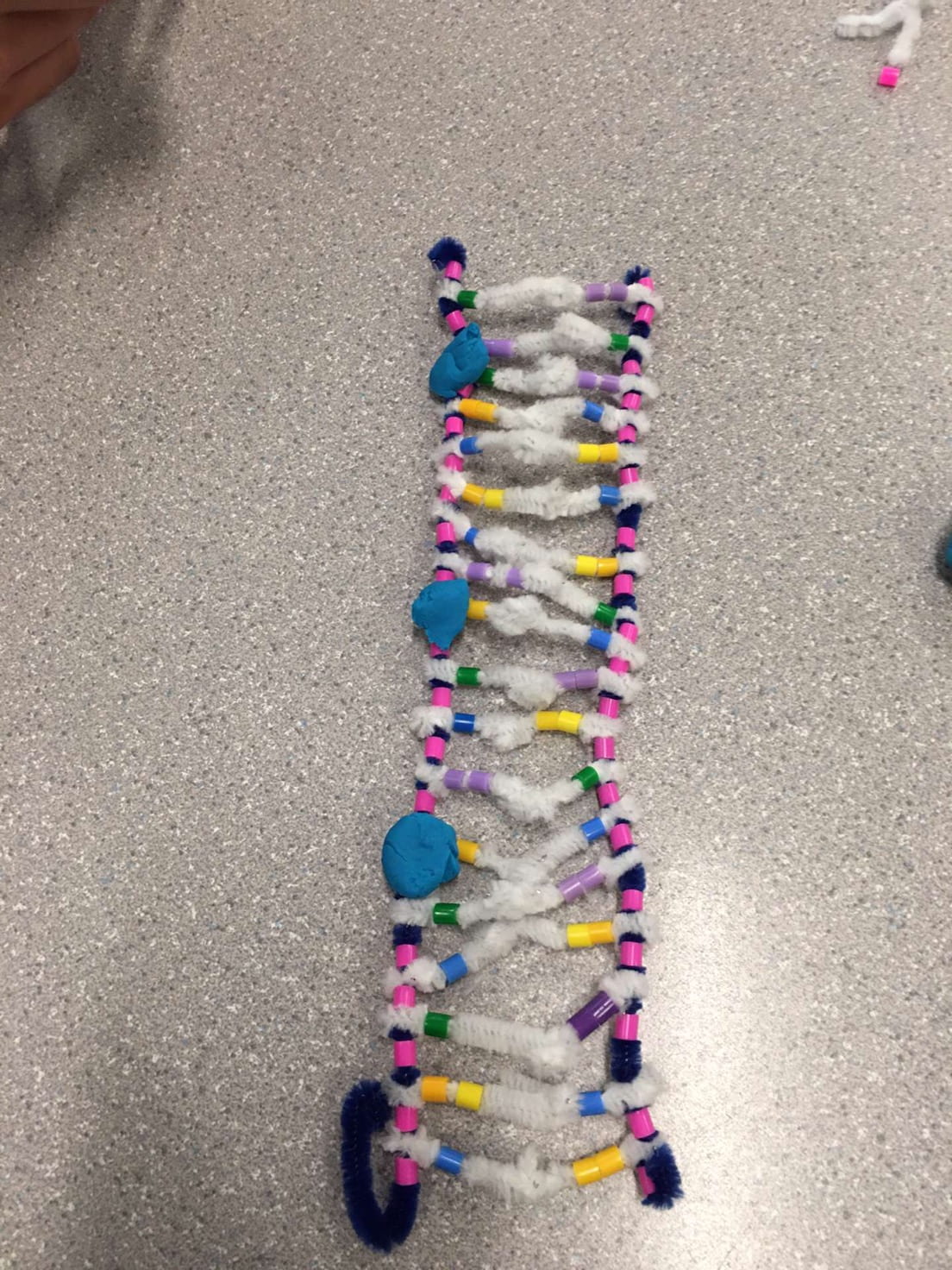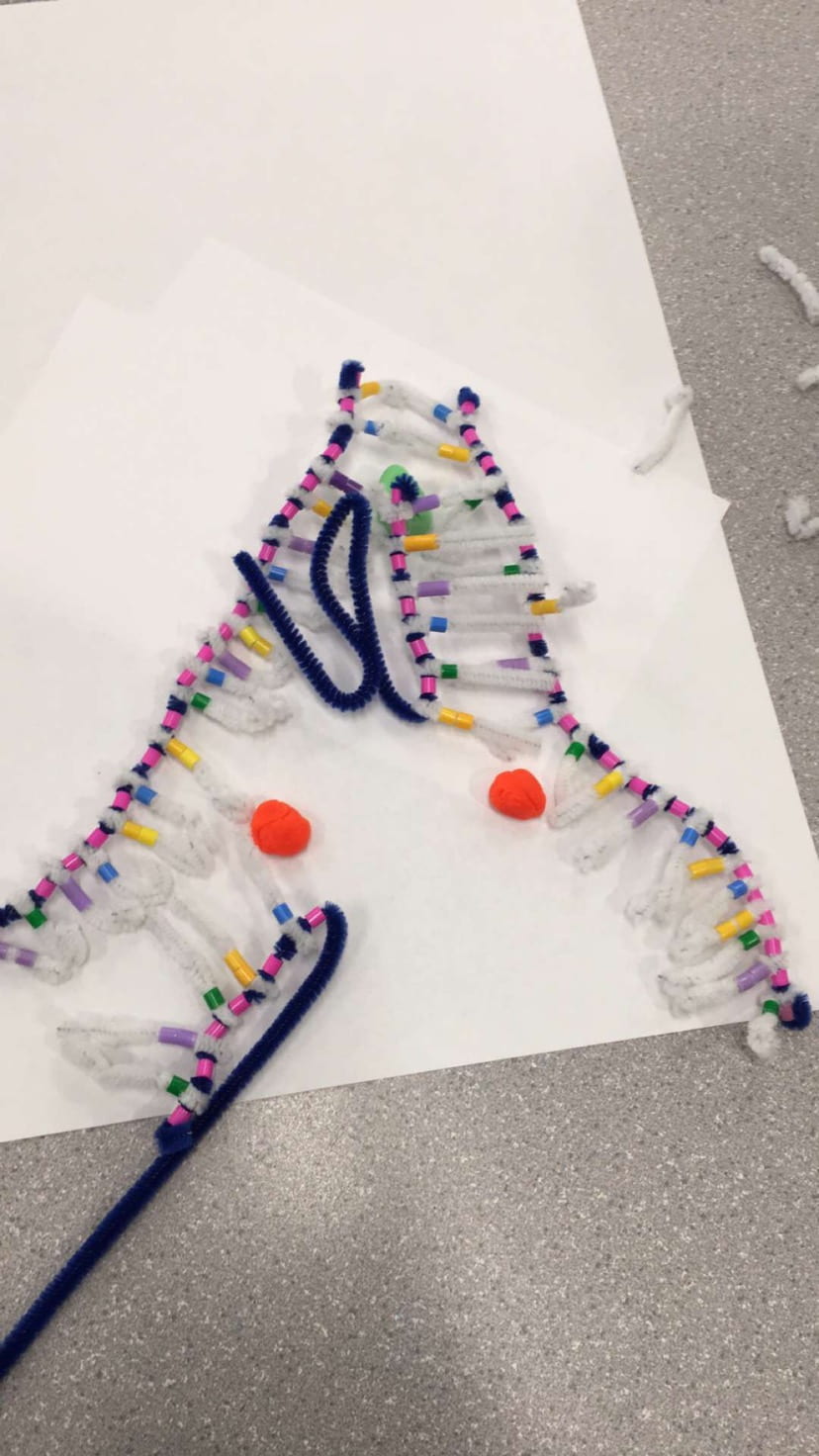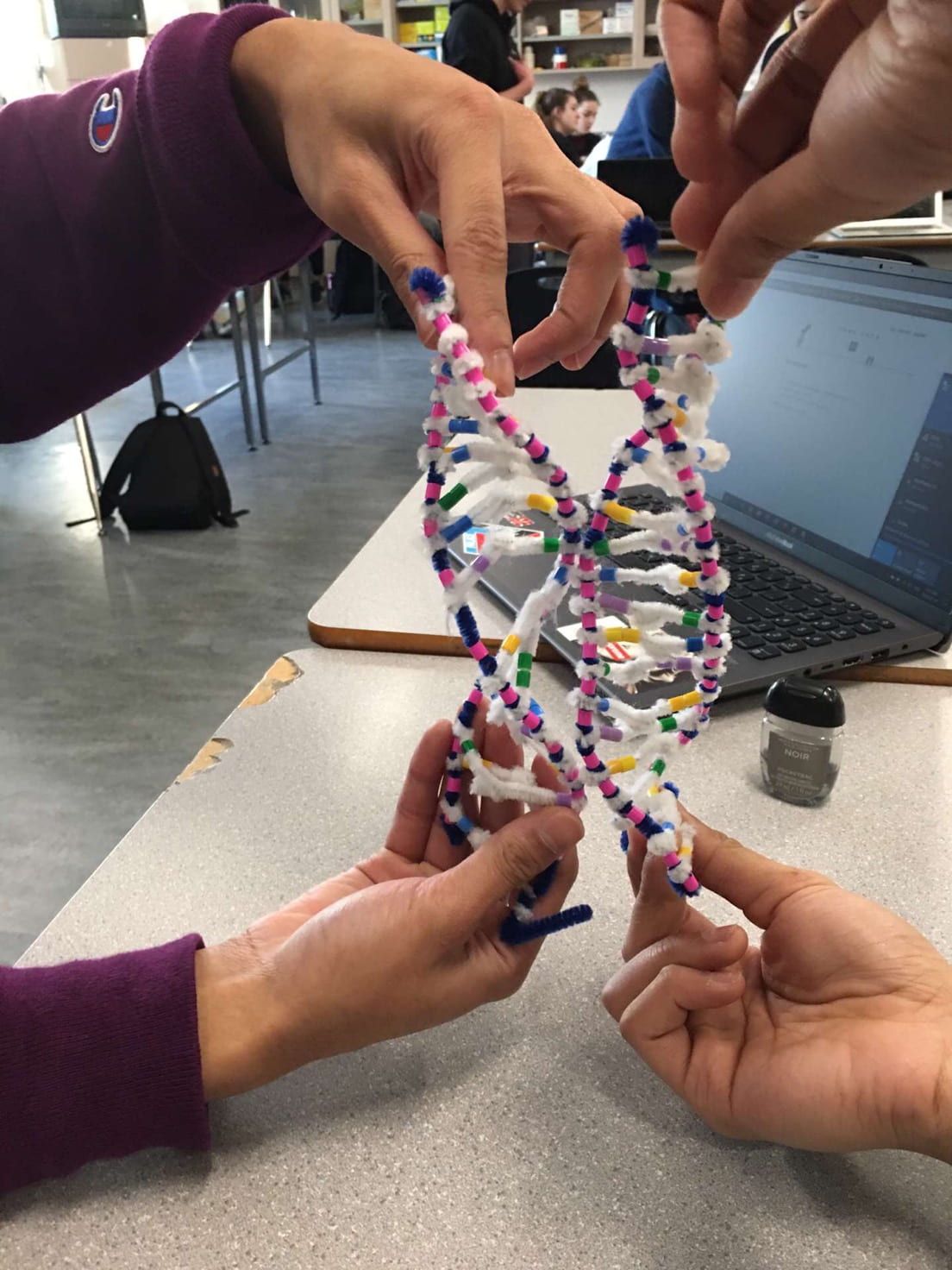Mitosis has five different stages: interphase, prophase, metaphase, anaphase and telophase. DNA replication occurs during interphase, specifically the synthesis stage of interphase. There are 3 steps involved in DNA replication. Those steps are Initiation, Elongation, and Termination. During initiation, proteins bind to the origin of replication while helicase unwinds the DNA helix and two replication forks are formed at the origin of replication. During elongation, a primer sequence is added with complementary RNA nucleotides, which are then replaced by DNA nucleotides. After elongation is complete, two new double helices have replaced the original helix. Termination requires that the progress of the DNA replication fork must stop or be blocked.
The cell replicates the leading strand as a single piece but replicates the lagging strand in smaller pieces. The leading strand is the strand which is synthesized in the 5′-3′direction while a lagging strand is a strand which is synthesized in the 3′-5′ direction.




